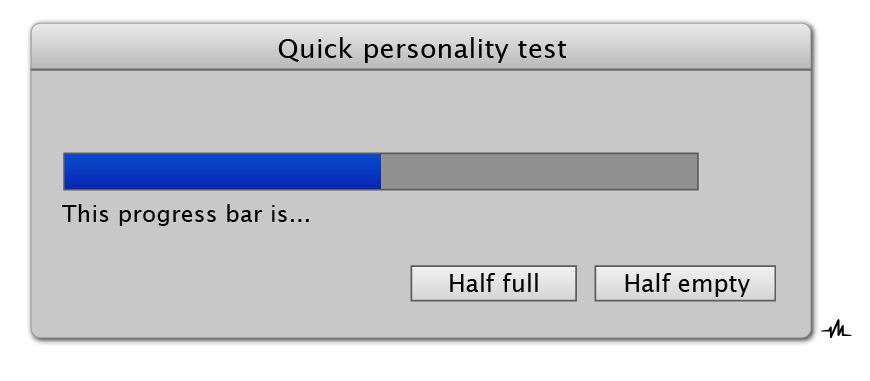When I went freelance in the 1990s, very many people enthused at me about what it would like not being a boss. I knew they were wrong: it was more like I was taking on 17 bosses, each of them paying me a tiny bit.
All these years on, though, they were right. And I was wrong. (Would you look at that? A man saying he was wrong. Songs will be sung of this day.)
I have all these clients, all these editors, most people have just the one boss. But we are all working for ourselves and as easy as it can be to let the boss decide everything, as even easier as it is to just complain about that man or woman, you will be more productive and you will feel better when you realise that you are in charge.
Let’s not get silly about it. Punching your boss in the face is not empowerment, it’s unemployment and a possible legal case. But take everything your job requires you to do and look at it all is if you are the manager. Which bit does your client, your boss, really need? What bits are quick wins you can knock out in ten minutes? What’s the stuff that you know is just bollocks and busy work? And what is the stuff that you can do that needs help from other people? Best yet: what’s missing? What more can you do that will be really good for you, your boss, your company and your future pay rises?
Look at your job not as what you have to do or as who you are, but instead as this business that you are running. You have clients and customers, you have resources, if you use them like that instead of constantly reacting to whatever happens next or whoever demands things the loudest, you’ll feel in control. It’s the best feeling because it’s real, you’ll feel in control because you are.
Mind you, keep doing that and you could end up being promoted to boss. Or go freelance.
